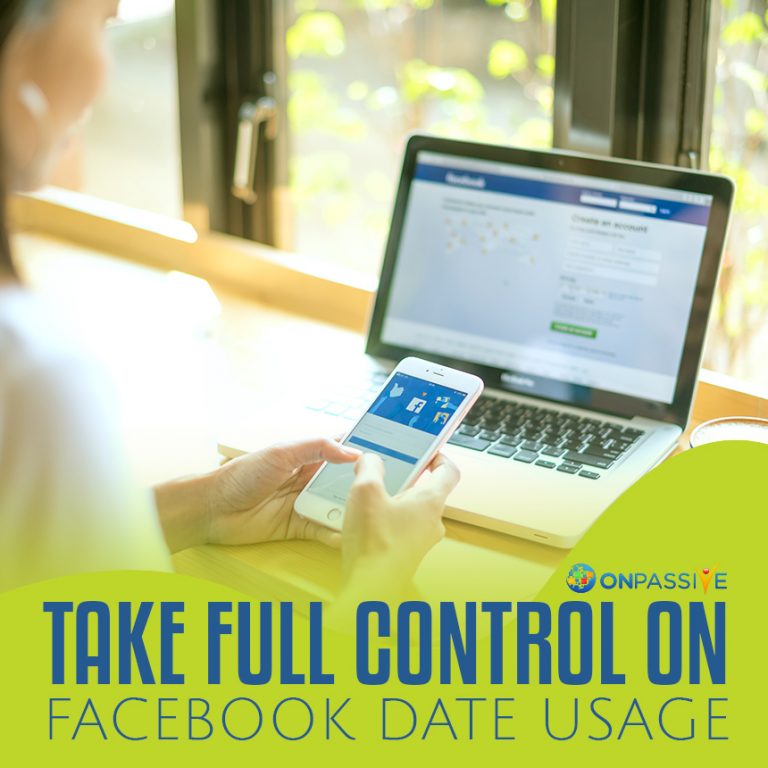
Recently, Facebook CCPA (California Consumer Privacy Act) went into effect, but there is a lack of clarity on this Act for businesses. The new feature called LDU (limited data use) is automatically enabled for all Facebook business accounts from July 1, 2020. This limits the user data that can be stored and processed in the Facebook ecosystem for all the Facebook business account users based out of California. LDU feature automatically identifies users in California and applies this feature on their Facebook business accounts.
After July 31, 2020, Facebook business users need to update their Pixel to include the LDU parameter. However, many Facebook business users in California are still unaware that they need to update Pixel to avoid liability under the Facebook CCPA compliance. We have listed all the insights on CCPA compliance here.
How the LDU tool ensures Facebook CCPA Compliance?
The new LDU feature requires all Facebook business users to update their Pixel so that Facebook can recognize whether users are in California or not. Also, the LDU feature requires marketers and advertisers to specify which users’ data must be subject to CCPA data management regulations. In the list of state-specific terms, Facebook has mentioned in-detail the specific ways user data will be limited. This list of state-specific terms clearly indicates that language indicating marketers and advertisers are solely accountable to obey the new California Consumer Privacy Act.
The advertisers or marketers can choose to control specific users’ data, or Facebook will prefer to handle the auto-identification. There’s no doubt that the California Consumer Privacy Act is an opt-in law enabled by Facebook in California.
How Will Facebook CCPA Compliance Affect Digital Marketing?
While all the consequences of the new Act are not clear now, it is clear that Facebook will limit how the platform uses personal information to unify user identities. Marketers and advertisers will face predicaments in tracking customer behavior on Facebook, and this will subsequently result in enormous losses for marketers.
Also, marketers will no longer be able to retarget customers in California due to the lack of tracking access. This is projected to have a significant impact on digital marketing initiatives undertaken by marketers to drive conversions. On enabling LDU, Facebook business users can no longer retarget customers in California.
How to Implement Facebook LDU?
The Facebook LDU feature allows marketers to track users’ data in California if they opt-in tracking. Very few users would want to opt-in tracking. As a marketer, you must serve customers with a cookie consent banner that gives them the option to opt-out. And if any of the users choose to opt-out, your business must stop tracking them throughout Facebook. There are three possible paths for marketers to take – risk-averse, risk-tolerant, and high risk.
Risk-averse – It can be said as a zero-risk path where complete residents of California will be covered. A significant advantage of this is that all the residents of California must be excluded from retargeting.
Risk tolerant – This path can be slightly riskier for marketers as they need to give users the option to opt-out of tracking through a cookie banner. An advantage of this path is that users who do not choose to opt-out can be still be tracked and retargeted with personalized advertisements.
High-risk – As the name suggests, it is a high-risk path. There are high chances of penalization. But an advantage is that all the residents of California can be tracked and retargeted.
Final Thought
The Facebook CCPA compliance will have a lower impact on small businesses as companies qualify to be CCPA compliant only if they meet specific criteria. So, it can be said that smaller firms have less risk in this new Act.



Elbachir douif
4 years ago
Douif elbachir
4 years ago